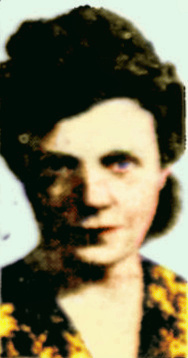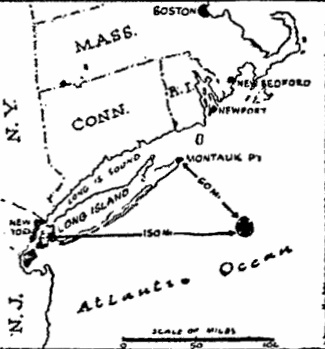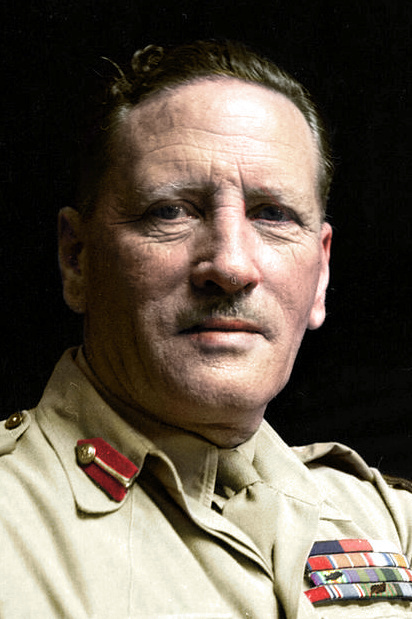Henderson announces –
Auto rationing to begin Feb. 2
Local tire boards will also parcel cars
Washington (UP) –
Price Administrator Leon Henderson said today that the passenger auto rationing program will go into effect Feb. 2 and will be administered by the local boards which are handling tire and tube rationing.
As in the rationing of tires and tubes, eligible buyers will include doctors, visiting nurses, farm veterinarians, and persons engaged in firefighting, crime prevention or detection, protection of public health and safety, and the transportation of mail.
Preliminary details of the auto rationing plan were announced by Mr. Henderson after he testified before a House committee investigating small business problems on government plans to afford relief for car dealers who face hard times because of auto production curtailment.
Purchases through dealers
Under the rationing plan, eligible persons will make their purchases through dealers, once they have been granted priority certificates.
Mr. Henderson said that between 614,000 and 674,000 new cars would be released for rationed sales.
Persons who before Jan. 3 purchased new cars then in their dealer’s possession will be able to obtain delivery on Feb. 2 without getting approval from the rationing boards.
Used cars status undecided
Mr. Henderson asked the committee to be excused from answering questions whether the government plans to ration used cars.
He said:
If I say no, and we later have to, it looks like a breach of faith. If I say yes, it precipitates all kinds of speculation.
He said later, however, that he did not think “even Germany is rationing used cars.” England, he said, is down to about 3.5% of its former use of passenger cars and:
I understand from Lord Beaverbrook [British Supply Minister] that they plan to pull their belts in even further on matters of rubber.
What of defense workers?
Asked by Rep. William J. Fitzgerald (D-CT) what plans were in the making for the transportation of defense workers who live many miles from their jobs, Mr. Henderson said efforts were being made to furnish tire treading facilities “as fast as we can.”
The problem, Mr. Henderson said, will be “acute in three or four months” and may require revision of bus schedules, doubling up on private transportation” or resurrection of a form of railroad “jitney service” such as that which carried workers to explosives plants during World War I.
Asked if ceilings would be placed on the prices of used cars, Mr. Henderson replied, “If necessary – and the schedules for that are in the icebox.”
Maximum price likely
Mr. Henderson said he expected a maximum price to be placed on rationed cars, to be determined by what he called “Formula A.” This, he said, would be the manufacturers’ list price, plus the federal excise tax, plus a transportation allowance, plus an additional 5% of the total list price or $75, whichever is the lower.
As the 130,000-140,000 cars to be frozen from January output come off the assembly lines, they will be offered to dealers for storage, Mr. Henderson said.
When they are sold, the dealer will be entitled to add to the sales price a further amount of 1% of the list price or $15 (whichever is lower) for each month “that he has acted as a government storehouse.”
Will mean higher price
Mr. Henderson said that this 1% increase would be added to the consumer’s price, thereby providing for an upward sliding scale of prices on the new cars sold later from the frozen stockpile.
Mr. Henderson said:
No dealer will be compelled to take these autos. This will be an offer available to them.
Final plans have not been completed, he said, but he assured the committee that when they are, they will contain such terms as to permit the dealer to maintain some status in commercial life.
He said:
It is our intention to go as far as we can to keep this very necessary service going.
Committee members planned to ask Mr. Henderson to explain an earlier statement that there was a “possibility” of commandeering private autos. Witnesses before the committee yesterday said the remark resulted in “tens of thousands” of cars being offered for sale.
Arthur Center, a Springfield (Massachusetts) dealer, suggested that the government repossess all available scrap now in junkyards, and attempt the manufacture of a standard small car in limited quantities. Other dealers were enthusiastic about the proposal.
Joseph W. Frazer, president of Willys-Overland Motors, proposed a nationwide survey to determine how the dealers’ facilities can be light, medium and heavy trucks and utilized in the war effort, and at the same time keep the dealers in business.
He said:
Auto dealers might become key distributors of civilian defense items such as gas masks, stirrup pumps, air-raid shelters and other similar products.


